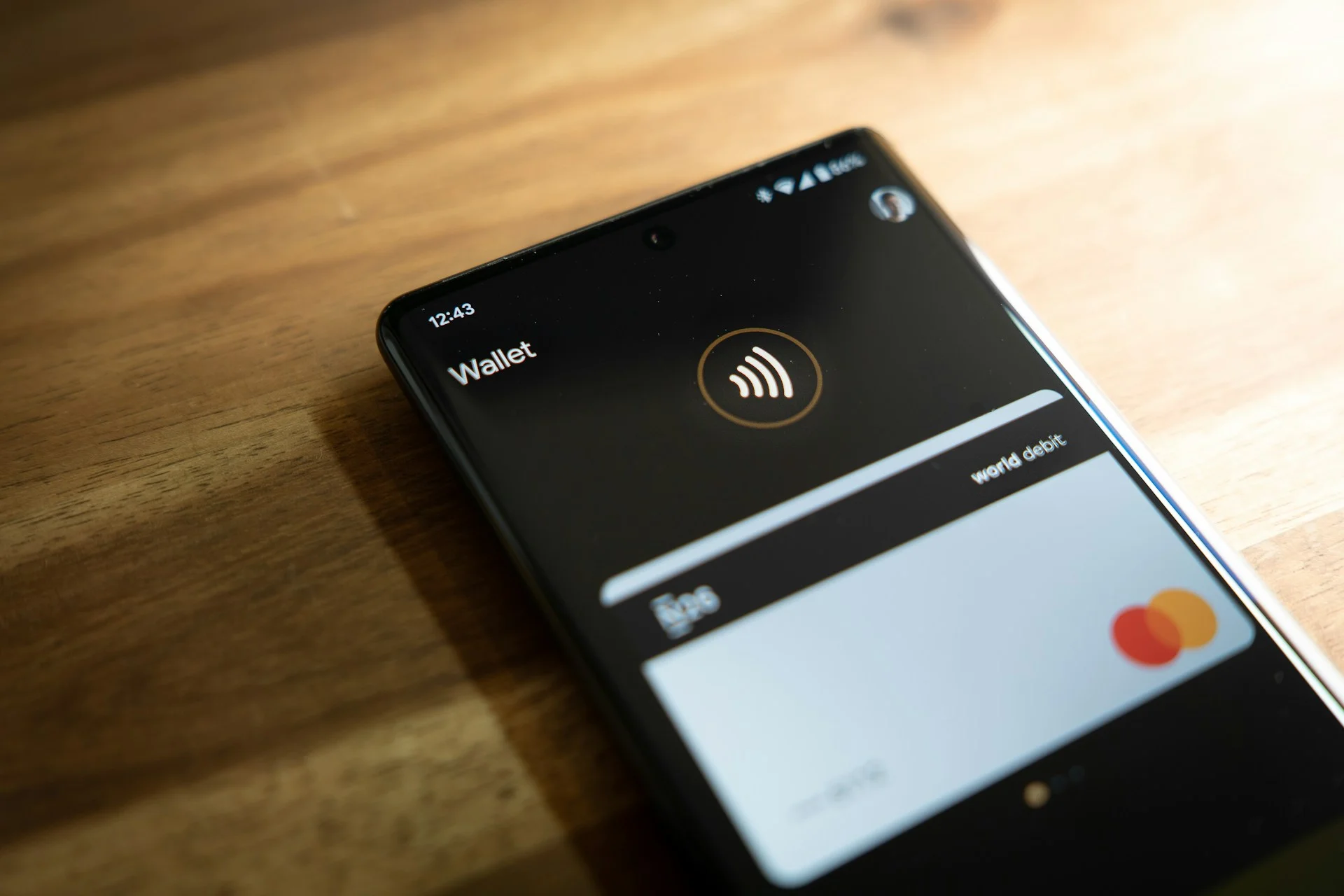Apple has successfully averted substantial fines from the European Commission by agreeing to open its NFC chip technology, allowing third-party providers to offer contactless payment services on iOS devices. This strategic move resolves an antitrust case that could have resulted in billions of dollars in fines, according to Finextra.
The Agreement and Its Implications
The 10-year agreement, primarily based on Apple’s January proposal, grants third-party mobile wallet and payment service providers access to the NFC functionality on iOS devices. This access is facilitated through a set of APIs provided at no cost and without the necessity of using Apple Pay or Apple Wallet.
Host Card Emulation Mode
Apple will develop necessary APIs to enable equivalent access to NFC components in Host Card Emulation (HCE) mode. HCE technology is crucial for securely storing payment credentials and completing transactions without relying on an in-device secure element. This update ensures that developers can create robust, secure payment solutions for iOS users.
Broader Access and User Preferences
The agreement extends to all third-party mobile wallet app developers within the European Economic Area (EEA) and all iOS users with an Apple ID registered in the EEA. Apple has committed to not blocking the use of these third-party payment apps for in-store transactions outside the EEA as well.
Default Payment Apps and Authentication Features
Users will now have the ability to set their preferred payment apps as defaults and access advanced authentication features like FaceID. Apple has also introduced a suppression mechanism to streamline the payment process.
Industry-Wide Impact
These changes enable payments through HCE payment apps at various industry-certified terminals, including merchant phones and devices used as payment terminals. This move is expected to enhance the flexibility and reach of mobile payment solutions.
Developer Licensing and Pre-Building Payment Apps
Under the new agreement, developers are no longer required to hold a PSP (Payment Service Provider) license or have a binding agreement with a PSP to access NFC input. Additionally, Apple will permit NFC access for developers to pre-build payment apps for third-party mobile wallet providers.
Addressing Competition Concerns
The European Commission concluded that Apple’s commitments effectively address competition concerns related to the restriction of third-party mobile wallet developers’ access to NFC payments for EEA iOS users. Consequently, these commitments have been made legally binding on Apple.
Challenges in the United States
While Apple has resolved this issue in Europe, challenges persist in the United States. The Justice Department’s lawsuit against Apple includes concerns about access to NFC chip technology, with accusations of monopolizing the smartphone market.
By opening its NFC technology to third-party providers, Apple has not only avoided significant fines but also expanded the capabilities and choices available to iOS users. This move marks a significant step towards fostering a more competitive and innovative mobile payment ecosystem.
More News: Tech News



In it something is. Many thanks for the help in this question. I did not know it.